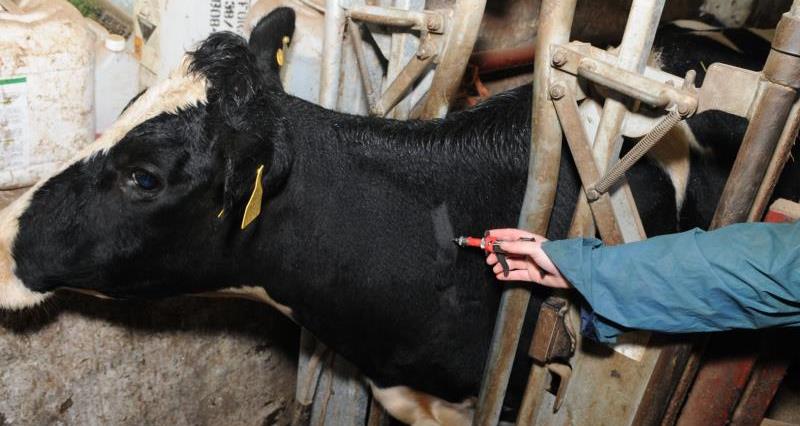A body representing 12,000 UK vets has welcomed plans by Defra to fight bovine TB in England.
The British Veterinary Association (BVA) said Defra’s response this week to the recommendations set out by the 2018 Godfray Review was a “significant step in the right direction”.
Also Read: Government to trial bovine TB vaccinations on UK farms and ‘phase out’ badger cullsThe Government’s response sets out an approach and priorities for the next five years as part of its 25-year Bovine TB Strategy to secure officially TB-free status for England by 2038.
The next stage of the official strategy to eradicate bovine TB will include:
- Field trials of cattle vaccines;
- Plans to vaccinate more badgers against the disease; and
- Improved testing to intercept TB earlier – including six-monthly surveillance testing in high-risk areas.
Responding to the Government’s announcement, British Veterinary Association junior vice-president James Russell said: “The Government’s revised bovine TB strategy offers a suite of sensible steps in the right direction going forward in controlling this devastating disease.
“We particularly welcome the strategy’s acknowledgment of the vital role of private vets as trusted advisors to their farmer clients and the importance of building upon strong working relationships between government and private vets, farmers, and the wider industry.
Stringent biosecurity is central to the prevention and management of any infection. We support the approach of informing, advising and incentivising the uptake of good biosecurity practices on-farm, which must focus on collaboration between vets and farmers.
“The BVA has long supported a holistic approach to bovine TB control that utilises all the available tools in the toolbox. We are pleased to see that the development, validation and field trials of a viable cattle vaccine and a corresponding DIVA test are a top priority.
“We welcome the move to increase the use of badger vaccination in a coordinated and targeted manner. There are unanswered questions on the effectiveness, humaneness and practicality of badger vaccination in the contexts proposed in this paper.
“Therefore, we welcome the inclusion of a pilot which must be designed to provide a rigorous evidence base for informing future policy decisions. We would continue to support targeted and managed badger culling as an option where appropriate, based on the epidemiological evidence.
“BVA’s own expert working group is currently considering all aspects of bovine TB disease control looking at cattle testing, removal of reactors, compensation and control in other farmed animals as well as the culling and vaccination of badgers. Our revised policy position will be launched shortly.
“Where Government has expressed an intention to consult further on aspects of its revised strategy, we will be consulting with our members to ensure the views of the profession are heard.”

